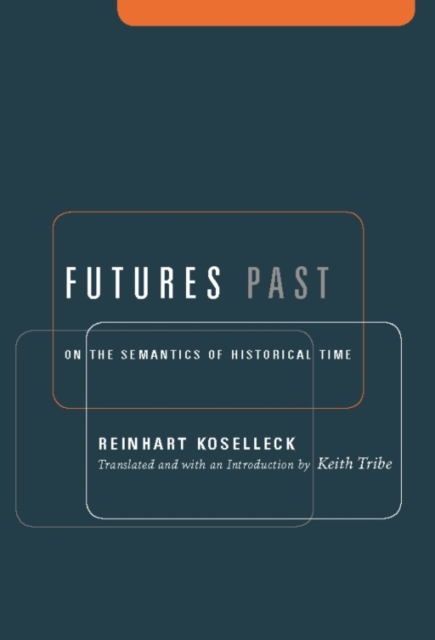
Futures Past : On the Semantics of Historical Time EPUB
by Reinhart Koselleck
EPUB
Description
Modernity in the late eighteenth century transformed all domains of European life -intellectual, industrial, and social.
Not least affected was the experience of time itself: ever-accelerating change left people with briefer intervals of time in which to gather new experiences and adapt.
In this provocative and erudite book Reinhart Koselleck, a distinguished philosopher of history, explores the concept of historical time by posing the question: what kind of experience is opened up by the emergence of modernity?
Relying on an extraordinary array of witnesses and texts from politicians, philosophers, theologians, and poets to Renaissance paintings and the dreams of German citizens during the Third Reich, Koselleck shows that, with the advent of modernity, the past and the future became 'relocated' in relation to each other.The promises of modernity -freedom, progress, infinite human improvement -produced a world accelerating toward an unknown and unknowable future within which awaited the possibility of achieving utopian fulfillment.
History, Koselleck asserts, emerged in this crucial moment as a new temporality providing distinctly new ways of assimilating experience.
In the present context of globalization and its resulting crises, the modern world once again faces a crisis in aligning the experience of past and present.
To realize that each present was once an imagined future may help us once again place ourselves within a temporality organized by human thought and humane ends as much as by the contingencies of uncontrolled events.
Information
-
Download - Immediately Available
- Format:EPUB
- Publisher:Columbia University Press
- Publication Date:16/06/2004
- Category:
- ISBN:9780231502047
Other Formats
- Paperback / softback from £27.65
Information
-
Download - Immediately Available
- Format:EPUB
- Publisher:Columbia University Press
- Publication Date:16/06/2004
- Category:
- ISBN:9780231502047






